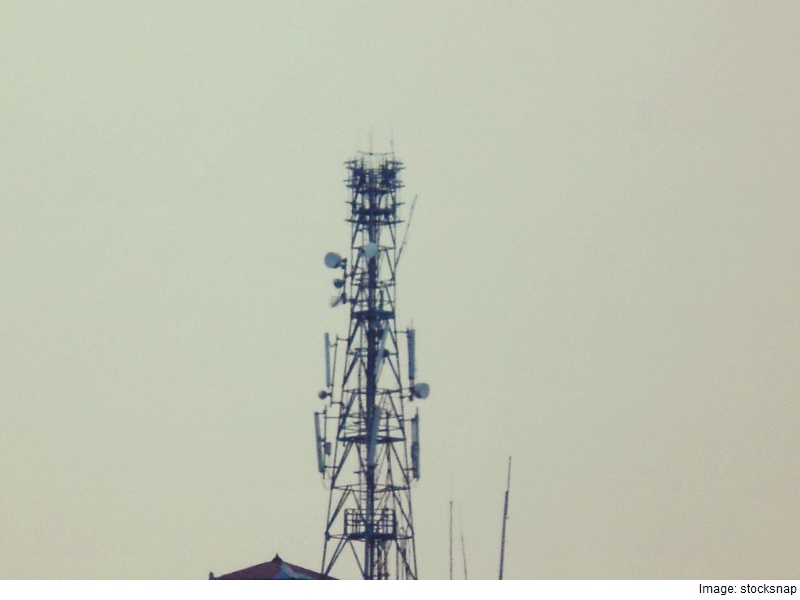- Home
- Telecom
- Telecom News
- Centre Asks States to Allow Mobile Towers on Government Buildings
Centre Asks States to Allow Mobile Towers on Government Buildings

"Our ministry has written to all chief ministers to allow mobile towers on state government buildings. It will boost the coverage and capacity of service providers and help counter call drop problem," Prasad told reporters in New Delhi.
Referring to certain protests against construction of mobile towers in residential areas at many places citing harmful effects of radiation emanated by them to human beings, animals and birds, Prasad said, "Such campaigns against mobile phone towers are basically wrong. The World Health Organisation (WHO) has conducted deep study on the issue and has declared that the notion of radiation harm by mobile towers is wrong."
He said such campaigns had hindered installation of new towers in several parts of the country, hence plans have been made to use government buildings to install them.
Prasad also asserted that despite the government initiative, private telecom companies also were needed to reinforce their systems and optimise them to check call drop.
(Also see: 10-Point Guide to the 'Call-Drop' Surge)
"The private telecom companies need to understand now that they'll have to work for the people, not just for themselves. They need to invest to bolster their infrastructure and technology," he added.
The union minister added that state telecom operator BSNL was also paying attention to address the problem that has been plaguing mobile users for several months now.
Catch the latest from the Consumer Electronics Show on Gadgets 360, at our CES 2026 hub.
Related Stories
- Samsung Galaxy Unpacked 2025
- ChatGPT
- Redmi Note 14 Pro+
- iPhone 16
- Apple Vision Pro
- Oneplus 12
- OnePlus Nord CE 3 Lite 5G
- iPhone 13
- Xiaomi 14 Pro
- Oppo Find N3
- Tecno Spark Go (2023)
- Realme V30
- Best Phones Under 25000
- Samsung Galaxy S24 Series
- Cryptocurrency
- iQoo 12
- Samsung Galaxy S24 Ultra
- Giottus
- Samsung Galaxy Z Flip 5
- Apple 'Scary Fast'
- Housefull 5
- GoPro Hero 12 Black Review
- Invincible Season 2
- JioGlass
- HD Ready TV
- Laptop Under 50000
- Smartwatch Under 10000
- Latest Mobile Phones
- Compare Phones
- Tecno Spark Go 3
- iQOO Z11 Turbo
- OPPO A6c
- Samsung Galaxy A07 5G
- Vivo Y500i
- OnePlus Turbo 6V
- OnePlus Turbo 6
- Itel Zeno 20 Max
- Lenovo Yoga Slim 7x (2025)
- Lenovo Yoga Slim 7a
- Realme Pad 3
- OPPO Pad Air 5
- Garmin Quatix 8 Pro
- NoiseFit Pro 6R
- Haier H5E Series
- Acerpure Nitro Z Series 100-inch QLED TV
- Asus ROG Ally
- Nintendo Switch Lite
- Haier 1.6 Ton 5 Star Inverter Split AC (HSU19G-MZAID5BN-INV)
- Haier 1.6 Ton 5 Star Inverter Split AC (HSU19G-MZAIM5BN-INV)

















